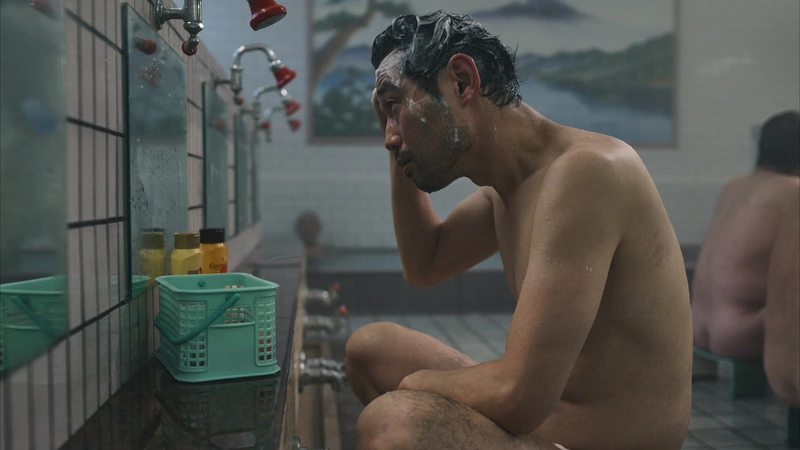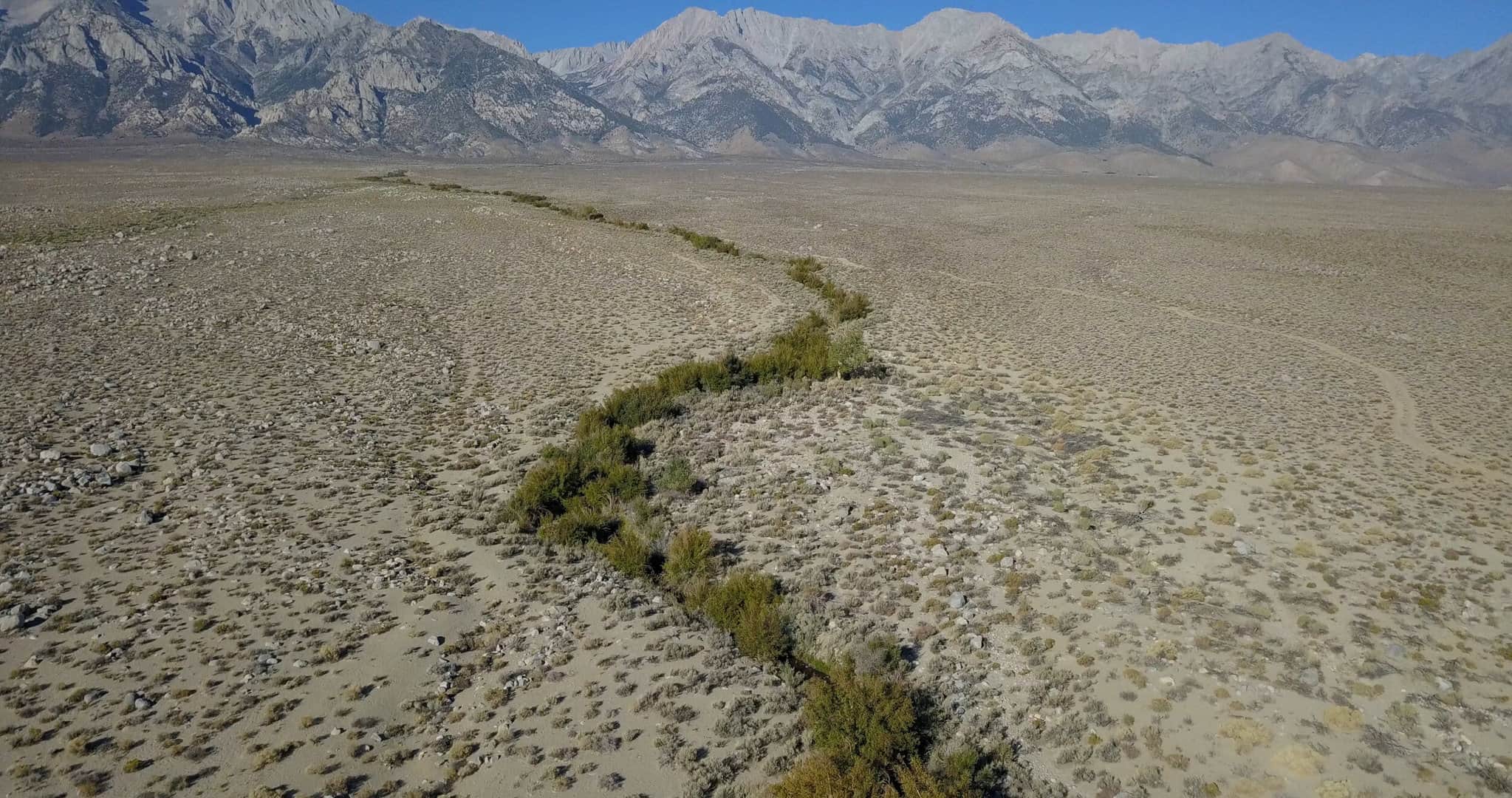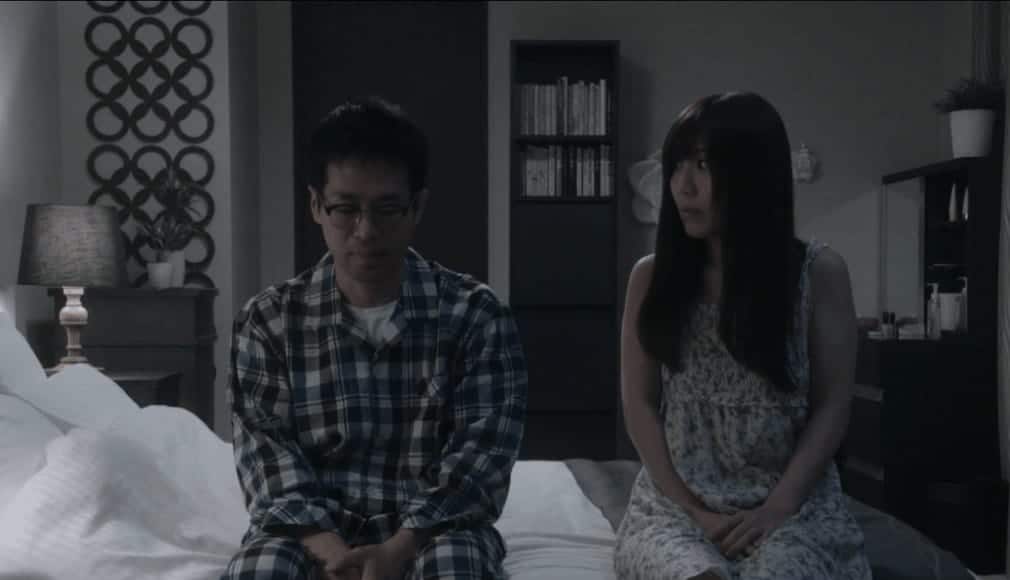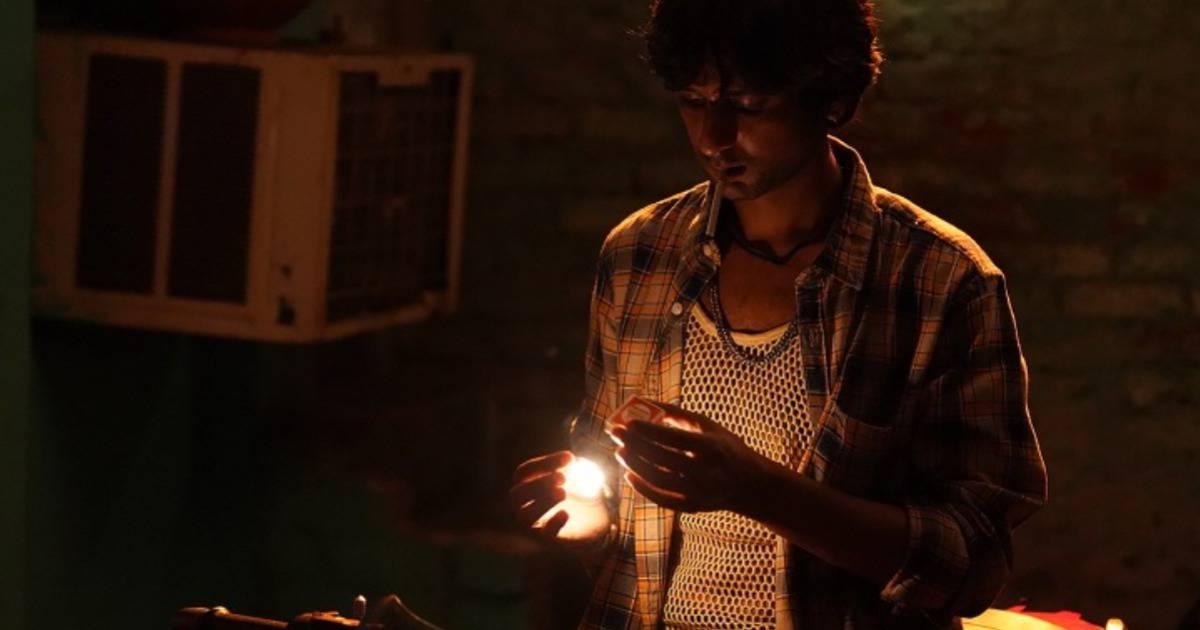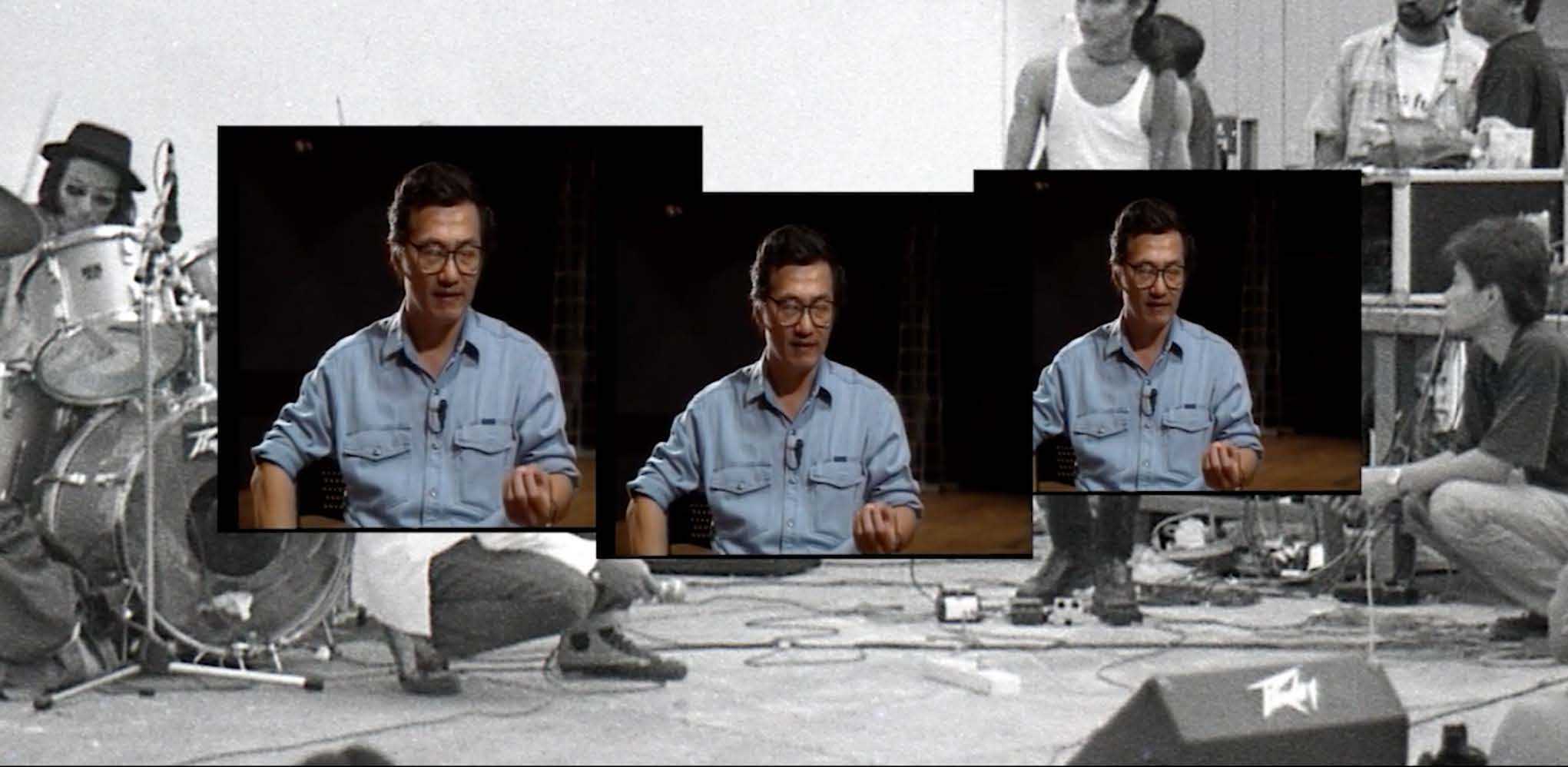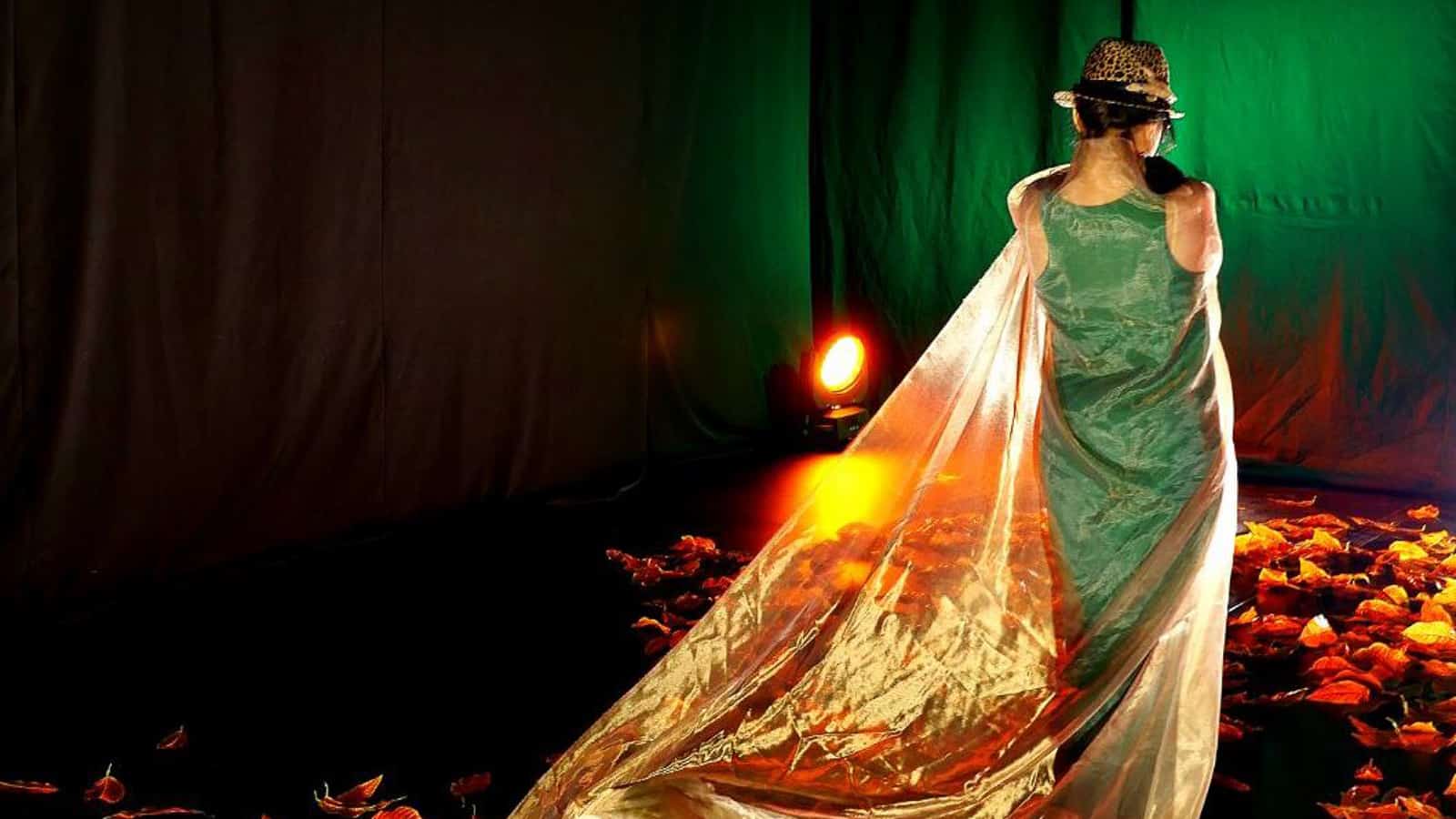There's no place better than a Japanese onsen for taking a step back from the world, while a local sentou bathhouse has a more community feel: a place to wash, but also converse and reflect on the day. Atsushi Hirai's Franco-Japanese production is an almost real-time documentation of an evening's trip to a bathhouse, in a cleansing experience for body, mind and soul.
“Oyu” is screening at Vienna Shorts

Satoshi (Okihiko Yoshizawa) returns from Tokyo to his hometown of Toyama. He arrives at a local bathhouse to collect an item, though one he seems not to recognise. Handing over an old voucher, he finds it is still valid for an evening's bath. And here, he slowly and meticulously performs the routine of thoroughly cleaning himself, taking in the sounds around him, gradually appreciating the cleaning utensils he collected at the entrance.
As fathers clean sons and yakuza gruffly sit in the bath, he hears women speaking beyond the dividing wall, as a man sings a mother's song. His bath finished, he helps the proprietor escort an elderly woman home, before returning to the reason for his trip.
Hirai lets the camera roll, gently capturing intimate moments of a simple, daily routine. This creates the relaxed atmosphere of the setting perfectly, allowing you to drift off and quietly contemplate what is on screen. The camera is almost permanently trained on Yoshizawa in these moments, heightening this intimacy, making it both personal, yet communal.
Returning to his small hometown, the sharing of a bath both connects people, but allows each to have their own personal space. There is singing, small talk and the following refreshment, and while these moments connect, each can turn away once again to their own private world.
Despite little narrative or action, Hirai is able to fully communicate a story effectively: that of a man returning to clear and sell his mother's home following her death. From collecting her bath utensils at the offset, to the elderly women chatting, to songs sung and the final helping of the elderly patron home, it allows Satoshi a moment for reflection on his relationship with his mother, having moved away to Tokyo. Each moment has a significance, building the picture of the situation as it goes. This has the slow, gentle build of Wim Wenders' “Perfect Days” (2023), allowing revelations to appear so things start to become clearer in your mind. A simple, but well considered piece, this is a nice, soothing way to unwind and reflect at the end of a busy day…in the company of naked Japanese men, of course.


